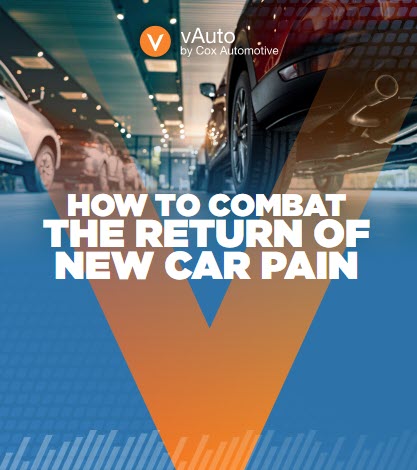Do You Run Your New Car Department Like an Investor or a Speculator?
What’s the difference between investors and speculators? Investors base their stock-purchasing decisions on available data and facts. They try to eliminate emotion from their buy / sell decisions. Speculators are the opposite: They rely on their feelings or hunches to make buy / sell decisions.
I recently spoke with a large metro domestic dealer who had a $27 million new vehicle investment. I asked him: “If you had $27 million available in liquid assets to invest in stocks, bonds or real estate, would you hire a professional financial advisor?”
“Yes, of course,” he answered.
I then asked him to tell me how his sales managers handle their monthly new vehicle investment decisions. His telling response: “If I’m lucky, our desk managers start working the monthly factory order at 4:45 p.m. The system closes at 5:00.”
The dealer’s answer is unfortunately all too common. Most dealers view their new vehicle inventory as a “cost of doing business” rather than a portfolio of carefully selected stocks. You see this reality across the country. vAuto’s most recent inventory study found that, on average, 35% of a dealer’s new car inventory was aged — the equivalent of dead or underperforming stock. And for some dealers, that percentage is much higher.
Most dealers would agree that if they discovered their financial advisor had a third of their assets tied up in investments that weren’t making any money, they’d probably be looking for a new financial advisor.
Today’s margin-compressed new vehicle market requires an investment-minded strategy. Here are two quick tests to help you determine whether you’re managing your new car inventory as an investor or as a speculator:
Test 1: What’s your average Days in Inventory? If it’s under 100 days, you’re an investor. If it’s over 100 days, you’re a speculator.
Test 2: What percentage of your inventory is made up of aged cars? If it’s less than 20%, you’re an investor. If it’s greater than 20%, you’re a speculator.








